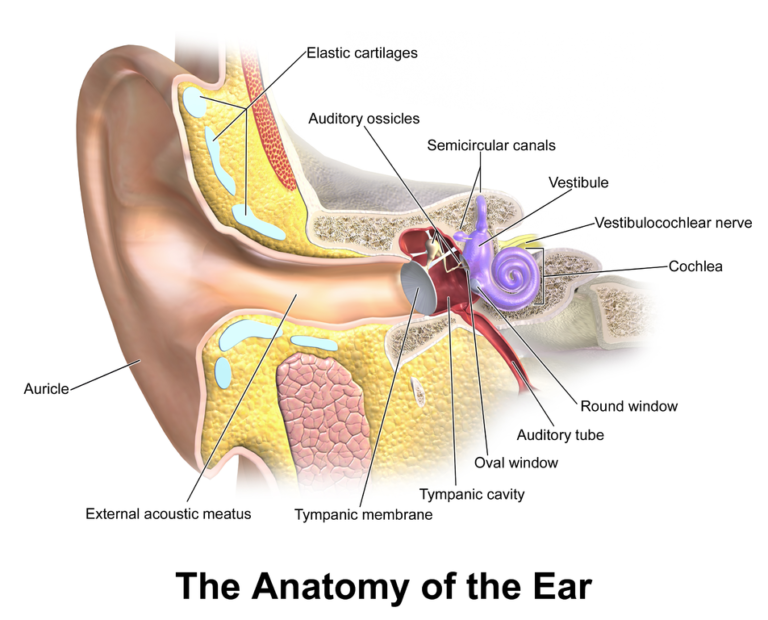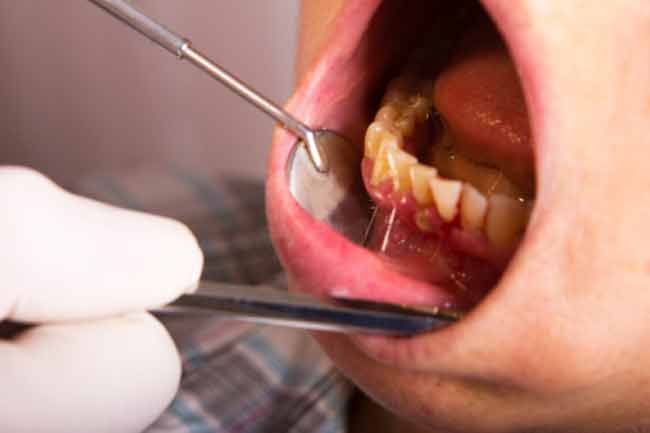

TreatmentĮndodontic therapy (root canal treatment) is the only way to treat your tooth and avoid an unnecessary extraction. 2) Tooth Abscess SymptomsĪbscessed teeth typically have a small pimple-like fistula on the gums just next to them. Rinse with warm salt water to take some of the inflammation out of your gingiva while your tooth is working its way through the gums.

When teeth start growing in, it’s normal for the gums over them to feel itchy and sore! Treatment Less Common Causes 1) Wisdom Teeth Symptoms You might also need to work with your dentist or doctor to figure out what’s causing your saliva glands to shut down. The key is to keep your mouth lubricated, before you develop tooth decay. Treatmentĭry mouth treatments usually involve a combination of increased water intake, supplemental moisturizing drops, or toothpaste and mouthwash designed for xerostomia. When that happens, it’s easier for your mouth to develop symptoms of burning or itching. The lack of salivary flow can allow irritants to more easily bother your gum tissues and oral mucous membranes. When your mouth doesn’t have enough saliva to keep it lubricated, we call the condition “xerostomia” or dry mouth. Nighttime bruxing is best treated with a bruxism guard or night splint. That is, having your lips together, but your teeth apart. During daytime bruxing, it’s important to consciously remind yourself of the proper mouth “resting position”. Treatmentīruxism is usually a condition that requires us having to re-train our jaw muscles or wear a protective splint to prevent them from fully engaging. The constant friction and rubbing inside of our mouths might lead to itchiness where gums are involved (like in areas where teeth are hitting your gums.) But additional symptoms typically involve ear pain, jaw/TMJ pain, worn teeth, and scalloped areas along the sides of the tongue, where the border comes into contact with your teeth biting together. Teeth grinding and clenching (bruxism) tends to be a subconscious habit that most of us do while we’re sleeping or stressed out. However, for people with serious food allergies, it’s necessary to call 911 and administer an Epi-Pen, if available. If your allergic response is minor, your physician may recommend taking over-the-counter medication such as Benadryl. When at all possible, avoid eating foods that you have a known allergy to. In serious situations, your airway could close off and you may go into anaphylactic shock. Generally speaking, you’ll feel itchy areas across your tongue, roof of your mouth, cheeks, lips, and in the back of your throat. If you have a known food allergy – such as to things like shellfish or peanuts – being exposed can trigger a full-body allergic reaction that starts inside of your mouth. 5) Itchy Mouth After Eating (Allergies) Symptomsįood allergies are a serious condition that can be potentially life threatening. Topical numbing medication is ok to use every now and then, but if you need something stronger, ask your dentist about prescribing a “miracle mouthwash”. Rinse regularly throughout the day to remove food particles. Treatmentįortunately, your mouth can heal at an amazingly fast pace (again, because it’s covered in mucous membranes.) That’s why things like cuts to your gums or a burn after you’re eating pizza can bounce back so quickly. The symptoms typically wear off after a few days.

For example, some people tend to feel itchy gums after wisdom tooth surgery, while their surgical site is starting to heal.

When your body heals itself following some type of cut or injury, some people experience a tingling or itchy sensation in the area immediately around their wound. 4) Cut Or Injury | Teeth And Gums Symptoms Longer periods of inflammation are common during pregnancy, but again, they usually revolve themselves after the mother has given birth. For instance, a woman may notice her gums are more tender around menses, but symptoms are temporary. Treatmentįortunately, hormone-induced gum symptoms like swelling and itchiness tend to go away on their own, as hormone levels stabilize. The irritation may be minor or more severe, regardless of how good their home hygiene plan is. For some women, oral symptoms such as irritated gums will develop from time to time. Women tend to experience changes in their mouth and body more often than men, due to the various hormonal changes that occur during menses, pregnancy, and menopause. If you have trouble reaching specific areas inside of your mouth, a water flosser is a great additional tool to have on hand! Usually, that’s going to consist of a two-minute brushing session where you pay particular attention to your gumlines followed by flossing. First and foremost, you need to create a plan for thorough plaque removal at least twice a day.


 0 kommentar(er)
0 kommentar(er)
